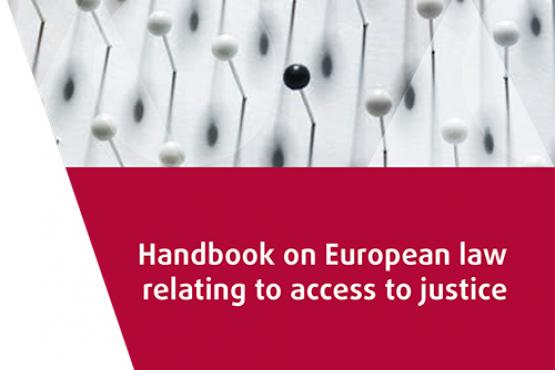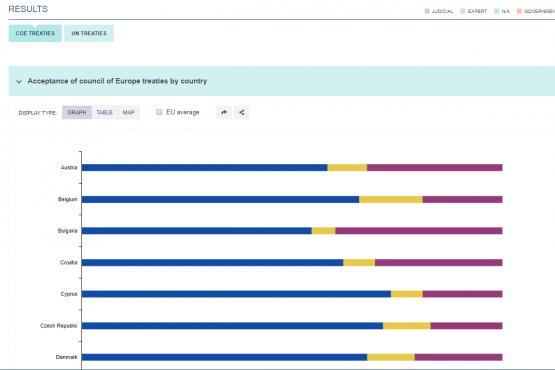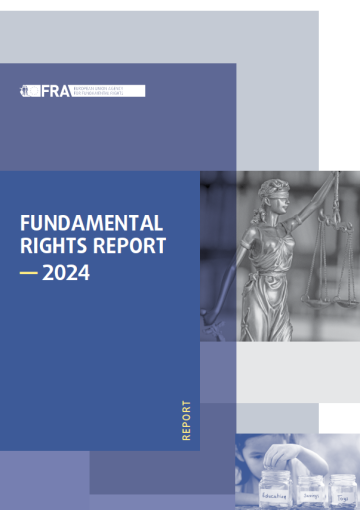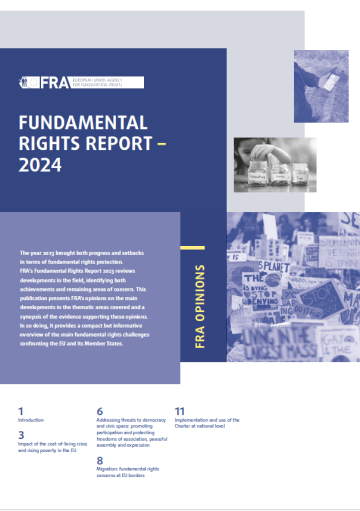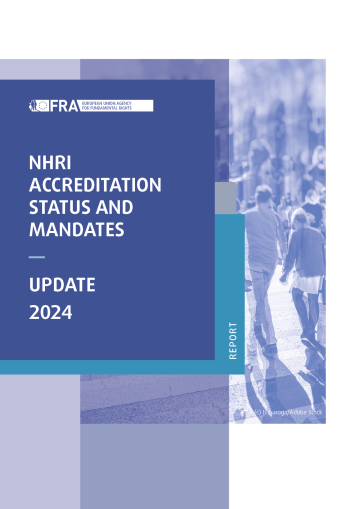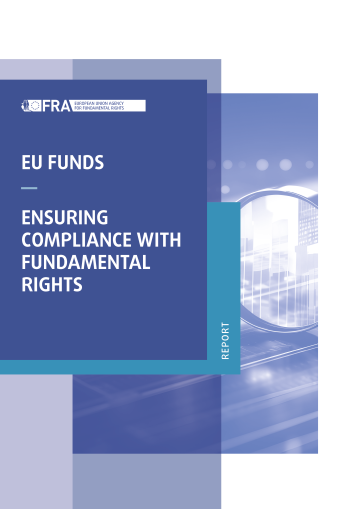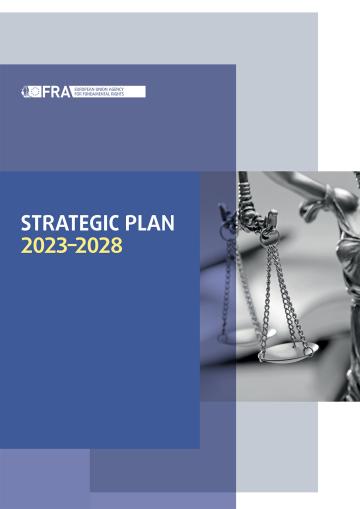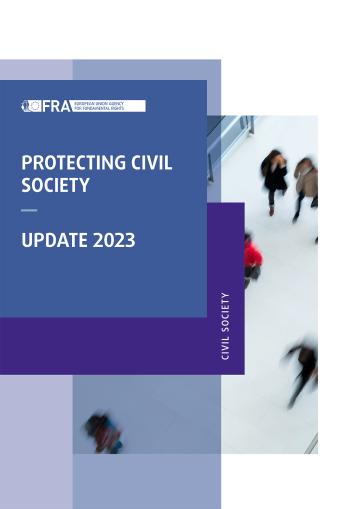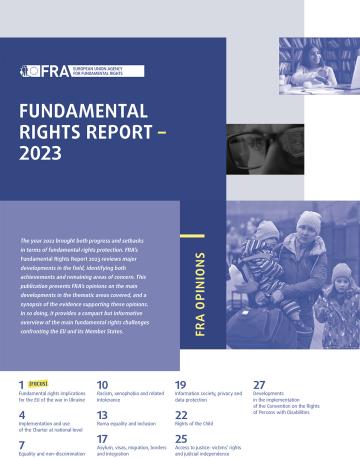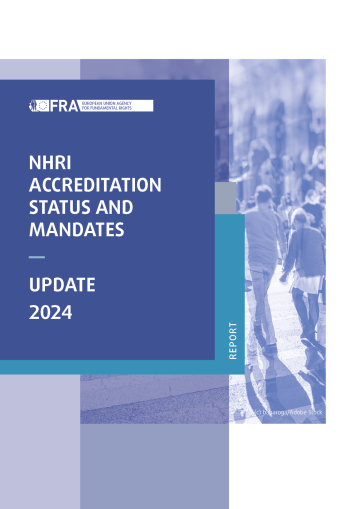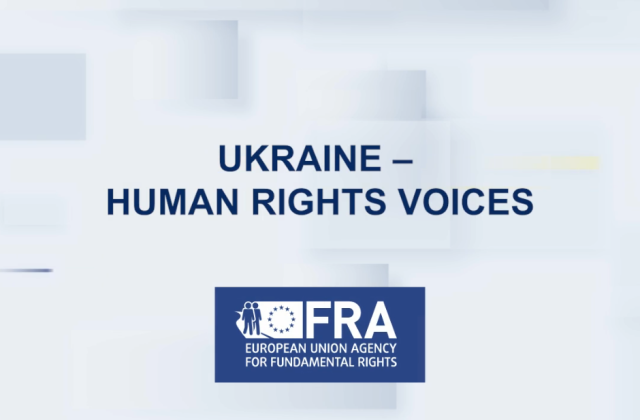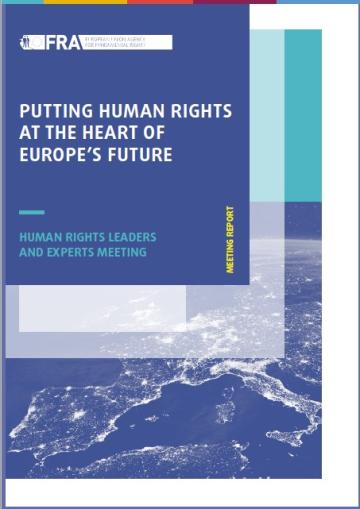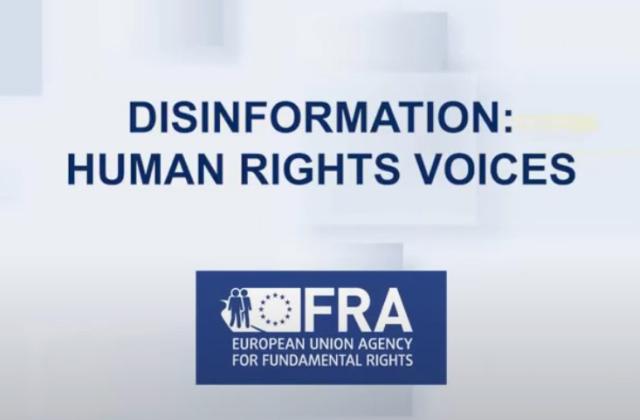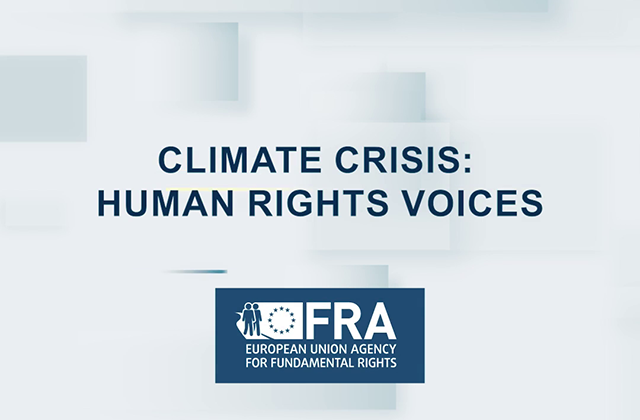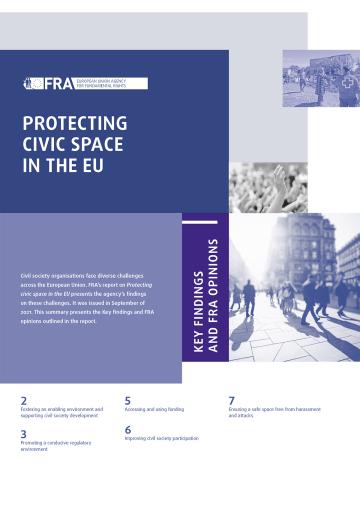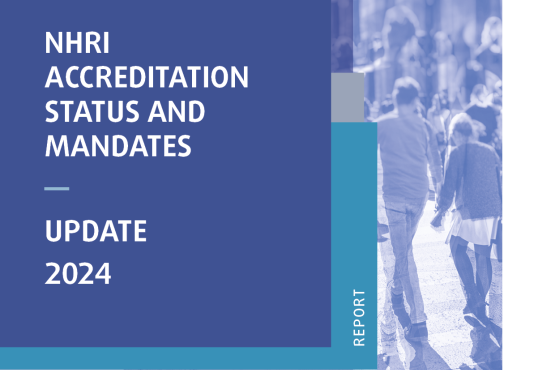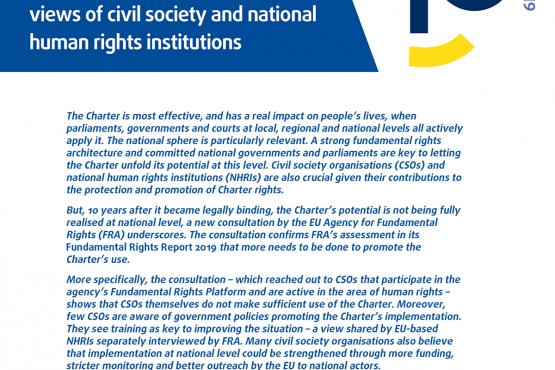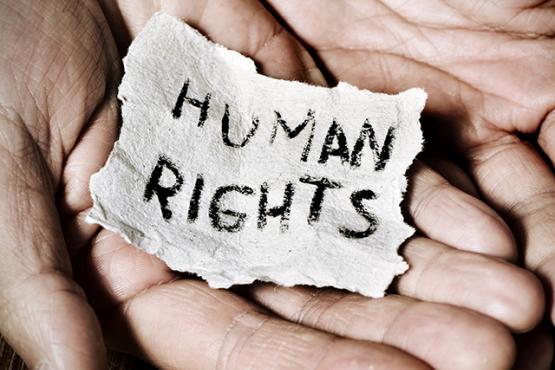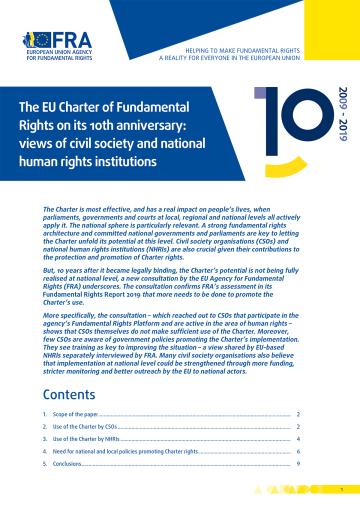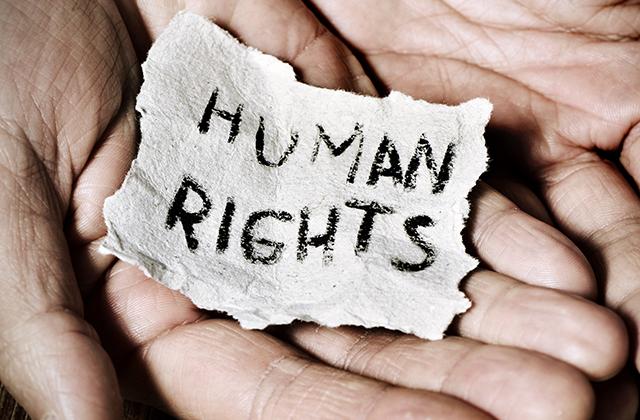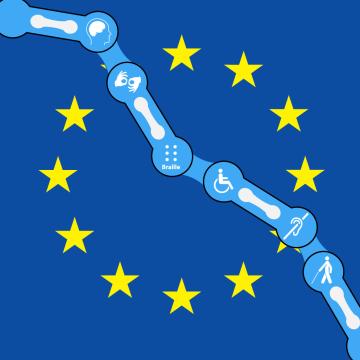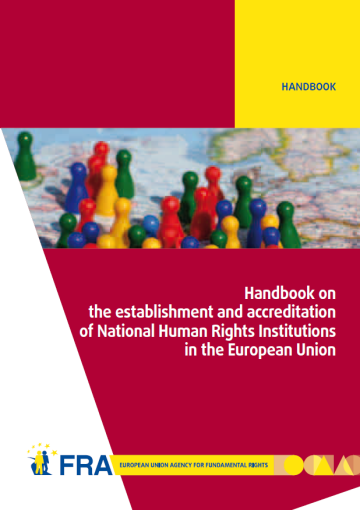The Parliamentary Ombudsman’s review of the prosecutor’s handling of the “Swish list” in Sundsvall
Date of article: 02/09/2024
Daily News of: 12/09/2024
Country:  Sweden
Sweden
Author:
Date of decision: 2024-06-26 Decision case number: 8057-2023 Decision maker: Ombudsman
In the preliminary investigation report in a case regarding drug offences, the prosecutor had included a list of Swish payments made to the suspect. The list – which has been called the “Swish list” – contained both the first and last names of those sending the payments and those people could be perceived as possible buyers of drugs. The list received wide publicity and attention, and questions were raised in the media and among the general public as to whether the prosecutor’s handling of the case was acceptable. The Parliamentary Ombudsman therefore undertook an own-initiative case to examine the prosecutor’s handling of the data.
In the decision, the Parliamentary Ombudsman emphasises that the decisive factor for whether information should be included in a preliminary investigation report is whether it is of significance to the investigation. This is a matter of judgement, with scope for different conclusions. During the Parliamentary Ombudsman’s investigation, the prosecutor explained that his judgement was that the names on the list could not be left out, as that would have made it impossible for the suspect to defend himself.
The investigation is not sufficient for the Parliamentary Ombudsman to be able to make any statements on whether the suspect’s right of defence justified the inclusion of both the first and last names of those sending the payments or whether the latter could have appeared in a way that made it more difficult to identify them. The Parliamentary Ombudsman states that no other obstacles have been raised to the inclusion of the names data. In summary, the Parliamentary Ombudsman’s review does not provide a basis for the conclusion that the prosecutor’s handling of the Swish list was not acceptable and there are therefore no grounds for criticism.
However, the Parliamentary Ombudsman emphasises the importance of a prosecutor always carefully considering whether personal sensitive data relating to third parties really need to be included in a preliminary investigation report and, if so, how to minimise the invasion of privacy.







